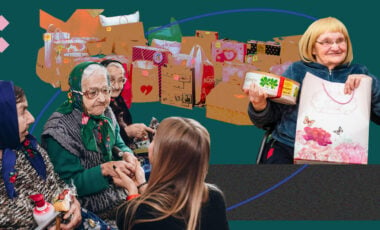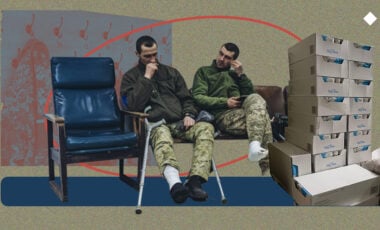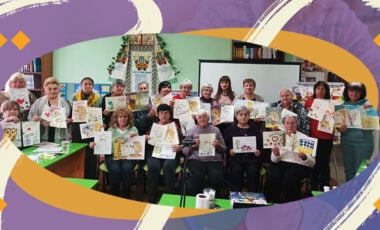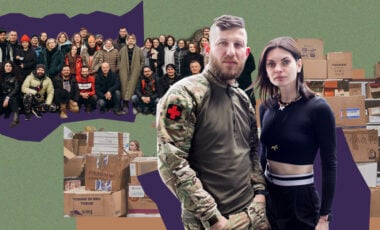Ukrainian innovators develop AI collar decoding language of cats

Photo: Andrii Mykhailiv
Ukrainian startuppers have created a communicator collar for cats that uses artificial intelligence to translate the animal's sounds into a form understandable to humans, Rubryka reports, citing the National University "Lviv Polytechnic."
What's the problem?
Pets can read their owner's mood and behave accordingly — either communicating cautiously or trying to please. Pets are also well aware of the prohibitions set by their owners. Most pet owners believe that their small friends understand everything they say.
"I have four cats at home in the village, and I've been observing what's happening with them all my life. Sometimes, I couldn't understand if everything was okay with the cats because it's impossible to be confident in your animal understanding skills," said the startup author, Andrii Mykhailiv, a Ph.D. student at the National University "Lviv Polytechnic."
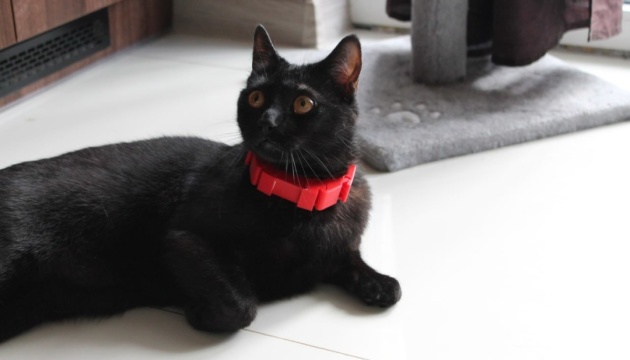
Photo: Andrii Mykhailiv
What's the solution?
The idea of creating a collar to communicate with cats came to Mykhailiv in 2020 while working on his bachelor's thesis on the topic of "Collar with a microphone to determine the cat's state by voice signal." Later, during his master's program in "Artificial Intelligence Systems," the thesis topic evolved into "Determining the cat's state by voice signal."
In addition to work and study, Andrii is working on his dissertation, "Information Technology to Determine the Physiological State of an Animal, based on Sound Signals Using Deep Learning Methods."
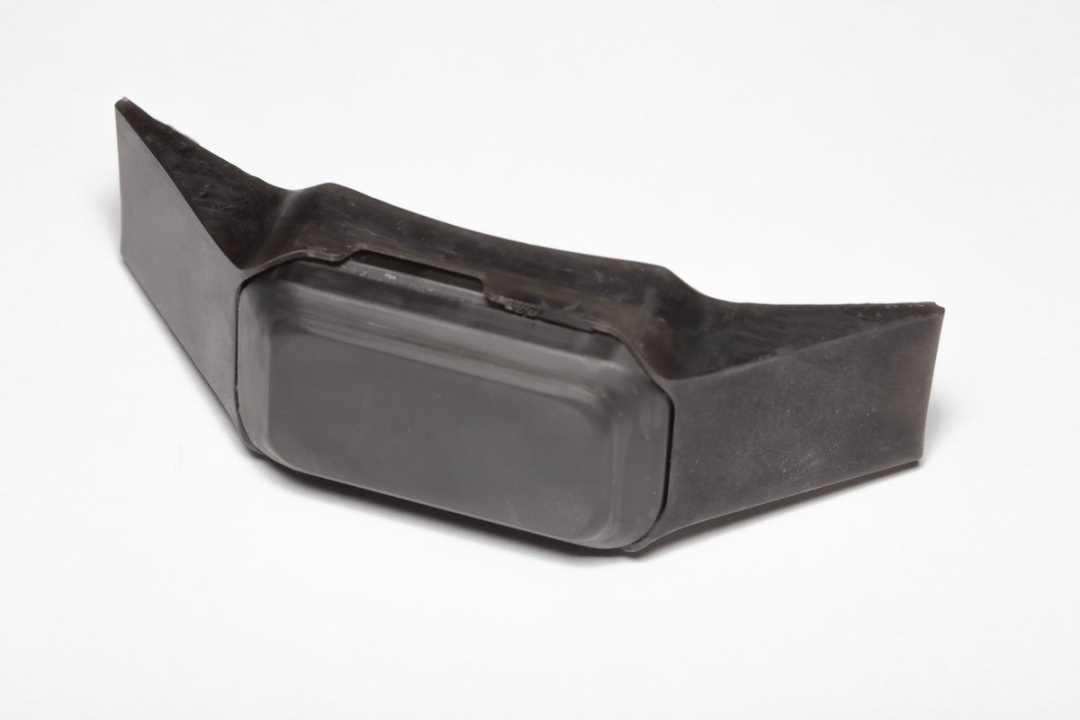
Photo: Andrii Mykhailiv
How does it work?
The startupper immediately realized that the idea of an AI collar for cats looked promising. He began analyzing research, competitors, and user interest in such a product, which they named Cotia. It is a simple communicator from the cat to the owner, translating the animal's sounds.
It looks like a comfortable collar that collects sound data from the pet. Then, the system analyzes the sound using AI and provides the result. The process resembles the operation of a fitness bracelet.
In addition to improving interaction with the cat, such a device can also analyze long-term data, allowing the startuppers to provide recommendations on when to better care for the animal.
"Actually, we are designing the accessory itself to be comfortable for the animal and testing it on our cats," says Mykhailiv.
The startup team consists of five people, and they have also hired several student freelancers to help with specific tasks. The Cotia team is young, with three co-founders being third-year bachelor's students in "Artificial Intelligence Systems" at the Lviv Polytechnic and one first-year student in "Computer Science" at the Polish-Japanese Academy (PJATK).
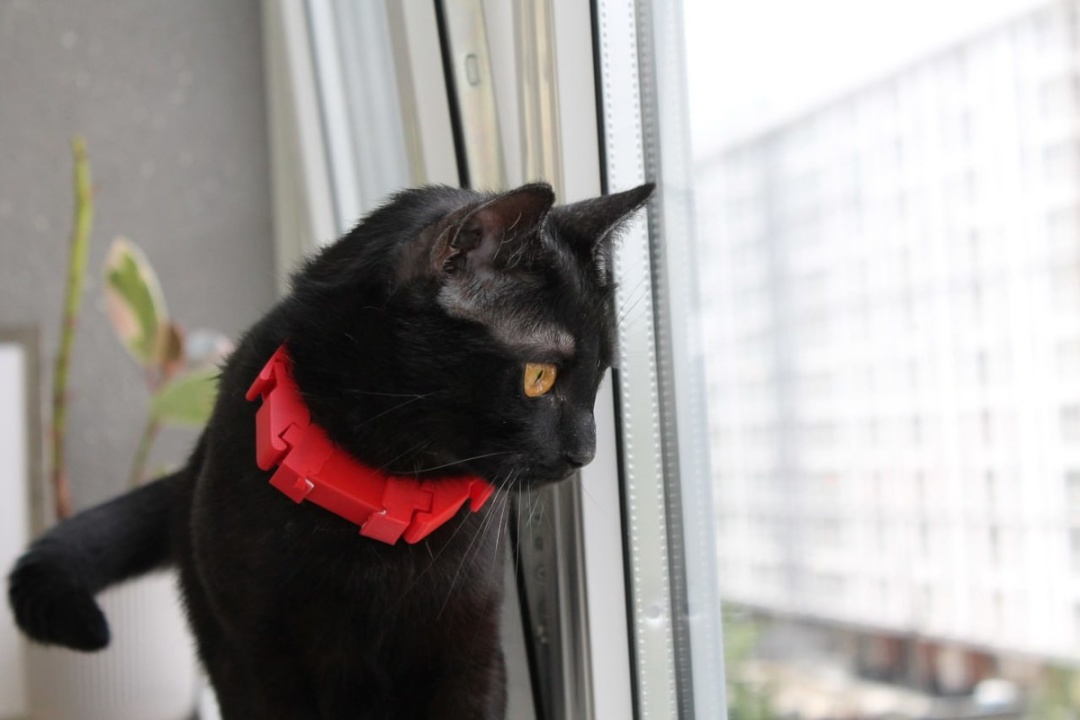
Photo: Andrii Mykhailiv
As reported by Rubryka, research has shown that artificial intelligence faces challenges in grammar.
Many countries are currently trying to adapt AI for military purposes. Artificial intelligence can also assist in the humanitarian demining of Ukrainian territory.



























